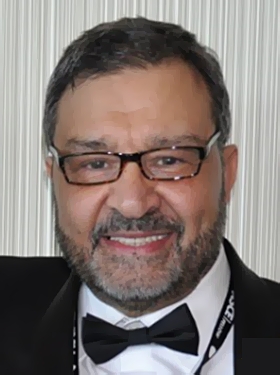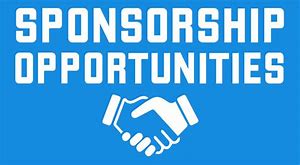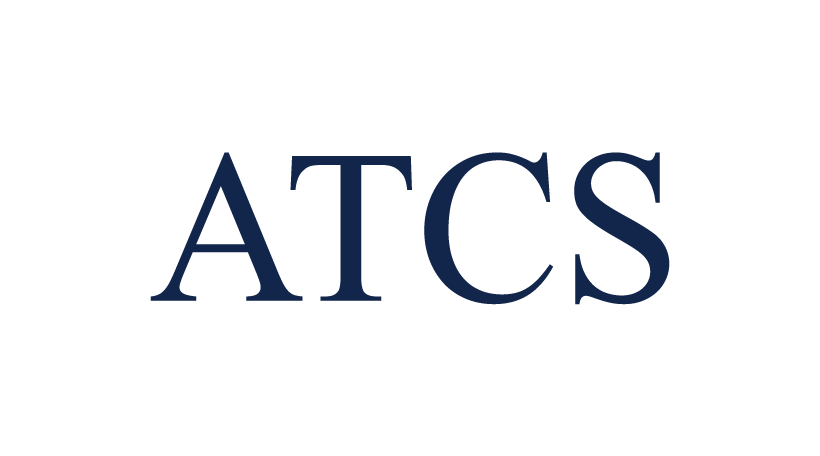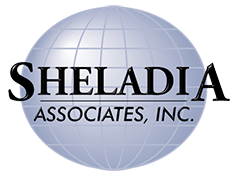The Evolution of Engineering Ethics: ASCE’s Code of Ethics
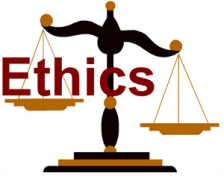
Dr. Z. wishes all ASCE-NCS eNewsletter readers health, happiness and prosperity in 2022. We trust, over the past several weeks, you all enjoyed spending time with family and friends. One of the things I love most about this time of year is the opportunity to catch up with those who I haven’t seen or spoken to in a while.
For this month’s article, I can’t think of a better title than “Engineering Ethics” and of course, I will use ASCE’s Code of Ethics as our main source in this article.
We live in a troubled, confused global society; one need only look over the East River and the absence of what was once there as a “monument” to the failure of values in our world. The engineer is a critical player in the modern technological society. His or her values and how he or she participates in the global economy is and will be a critical component of the wellbeing of our society. As engineering students, engineers and educators, we have a special role to play in forming the ethical values of the engineers of the future and tempering them in the application of ethics to their practice of the profession of engineering.
The Evolution of ASCE’s Code of Ethics
The Code of Ethics is the foundation of the application of the civil engineering profession to the client and the public at large. The codification of ethics has taken many forms: from the Ten Commandments, to the Doctrine of Socrates, to Nicomachean Ethics, to the Code of Hammurabi, to the American Constitution, to the Golden Rule, to the ASCE’s Code of Ethics tailored to the professional civil engineer. Between 1877 and 1914, the Society’s Board of Directors was very conservative and believed that ethics was a matter of an engineer’s personal responsibility and honor and not appropriate for a written code. In 1914, however, a special committee of the Board of Directors was appointed to draft a Code.
In 2008, ASCE published its first guide on ethics titled “The ASCE Code of Ethics, Principles, Study, and Application.” This guide discussed what a code of ethics is and how it applies to one’s professional and personal life. This first guide was written by Mr. Eric L. Flavell, P.E., FellowASCE as a gift to the Society and the profession so that we can continue to earn the public’s trust as we work to improve our quality of life. Help and support for the guide were provided by the Committee on Professional Practice, the Committee on Business Practices, and a Blue-Ribbon Panel to review the relevancy, content, and quality of this document.
Then the official code on ethics was published and adopted in 1914. The ASCE Code of Ethics, https://www.asce.org/-/media/asce-images-and-files/career-and-growth/ethics/documents/asce-code-ethics.pdf is now a model for professional conduct for all ASCE members.
The most recent ASCE’s Code of Ethics was updated on October 26, 2020 and starts with PREAMBLE “The latest Members of The American Society of Civil Engineers conduct themselves with integrity and professionalism, and above all else protect and advance the health, safety, and welfare of the public through the practice of Civil Engineering.”
Fundamental Questions on Ethics for Engineering Students
The ASCE’s First Guide on Ethics included more than thirty questions and answers for those new to ethics as well as those who have been learning and applying ethics all their lives. The following questions are intended to be thought provoking, with purposely short and concise responses. Each of these questions could be the source of extensive discussion. The intent is to expose the reader to the breadth of ethics, the importance of ethics, and to start the process of a serious and in-depth
- What is a Code of Ethics?
- Why do we need a Code of Ethics?
- The Code of Ethics is focused on how many constituencies?
- How should a Code of Ethics be used?
- Where does ethics come from?
- How does the Code of Ethics apply to my professional life?
- How does ethics apply to my personal life, outside of my professional life?
- Is everyone’s ethical focus the same?
- How do you judge others’ implementation of ethics?
- Why is ethics important?
- How does ethics impact leadership?
- Is ASCE’s Code of Ethics the same as everyone else?
- What should I do if I observe unethical behavior?
- What if my ethical position is different from someone else’s?
- Is compromise good ethics?
- Has ethics always been here?
- Who enforces ethics, and how is it done?
- Aren’t laws the same as ethics?
- Can I have more than one ethics?
- How do others see my ethics?
- What is the impact of ethics on the public’s view of the civil engineering profession?
- How do ethics impact my career?
- How can ethics impact my life?
- When I tried to apply ethics, it cost me that big project!
- How do I get the best ethics?
- Can I buy ethics?
- Is ethics public or personal?
- How can I demonstrate ethical commitment?
- Is ethics based on a cultural or religious affiliation?
- Is ethics just for me, or is it for others too?
- Is there something that can help me analyze and resolve an ethical problem?
Not only ASCE but also other professional organizations provide many sources of information that evaluate and teach how to apply ethics in your daily personal and professional life. ASCE’s website lists many ethics resources at https://www.asce.org/career-growth/ethics. The list includes both suggested reading materials and resources for self-study.
I would like to end this month’s article with a paragraph from “ASCE’s Discussion on Ethics.”
“The only things that an individual truly owns and controls are his/her thoughts, actions, memories, and integrity. Everything else in life is borrowed. Choose your actions thoughtfully and responsibly.”
Until next time,
Ahmet Zeytinci, P.E.
This email address is being protected from spambots. You need JavaScript enabled to view it.
